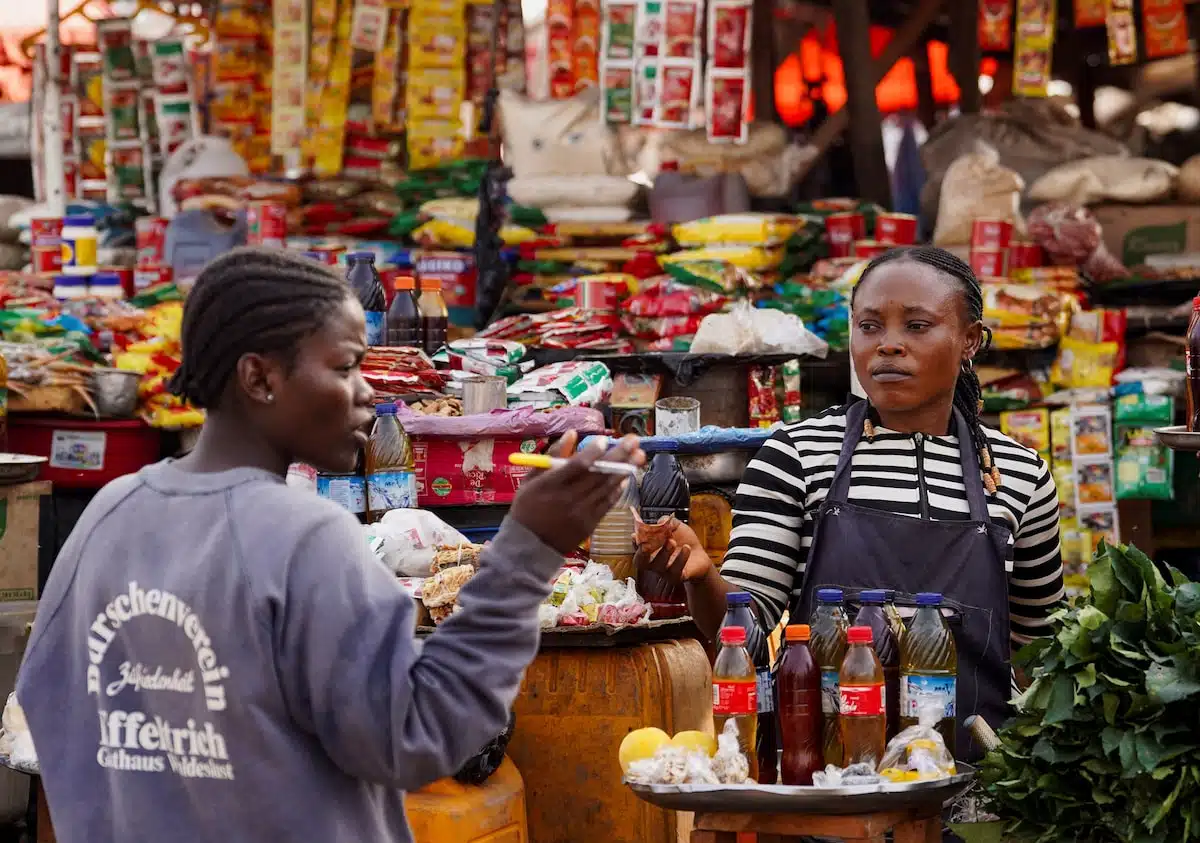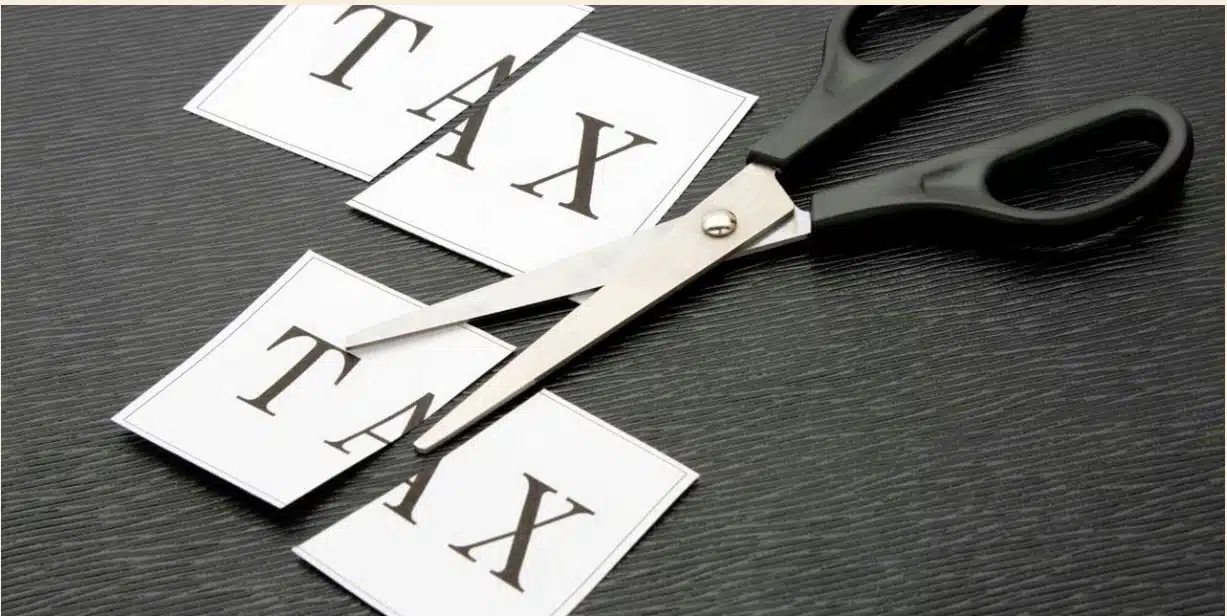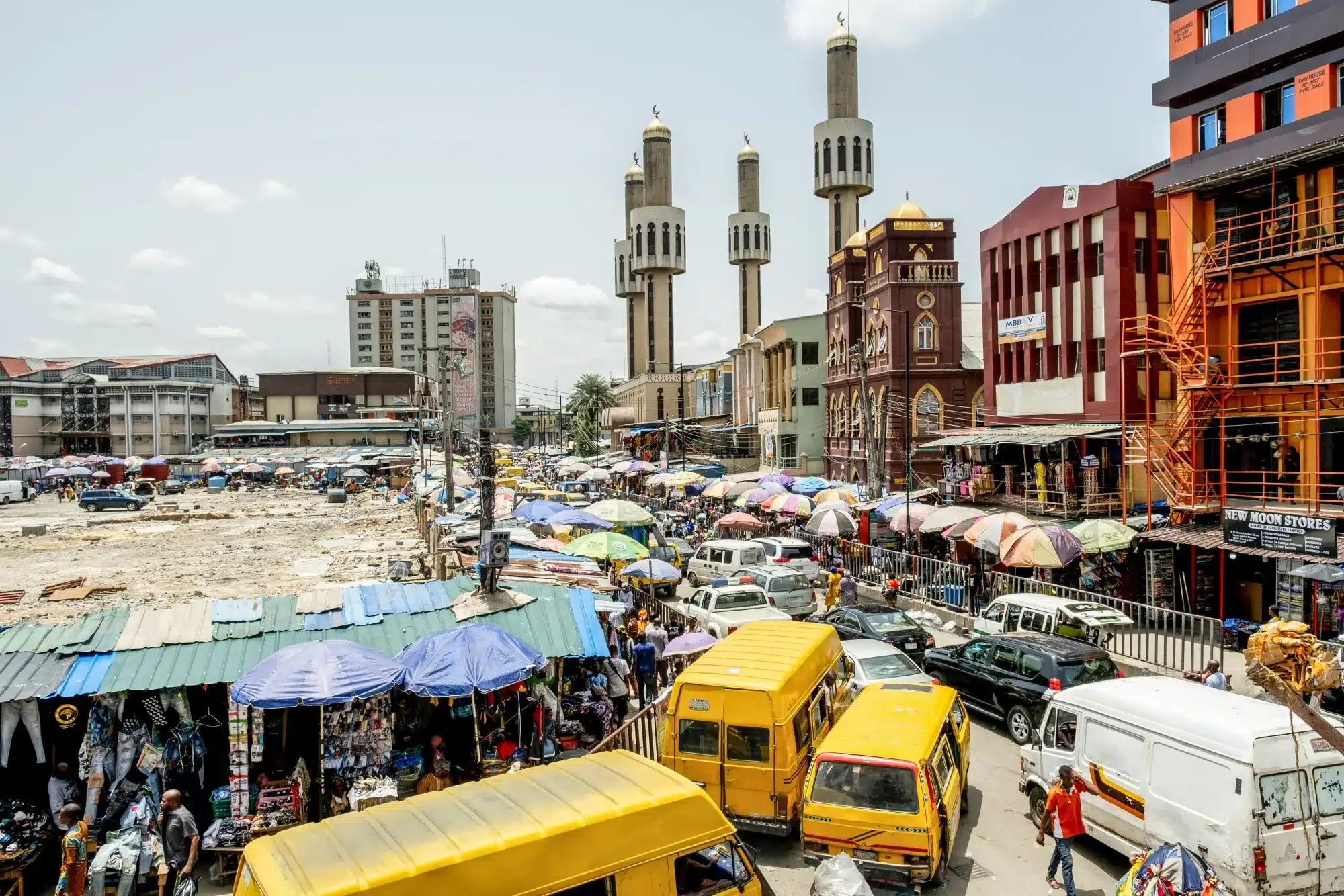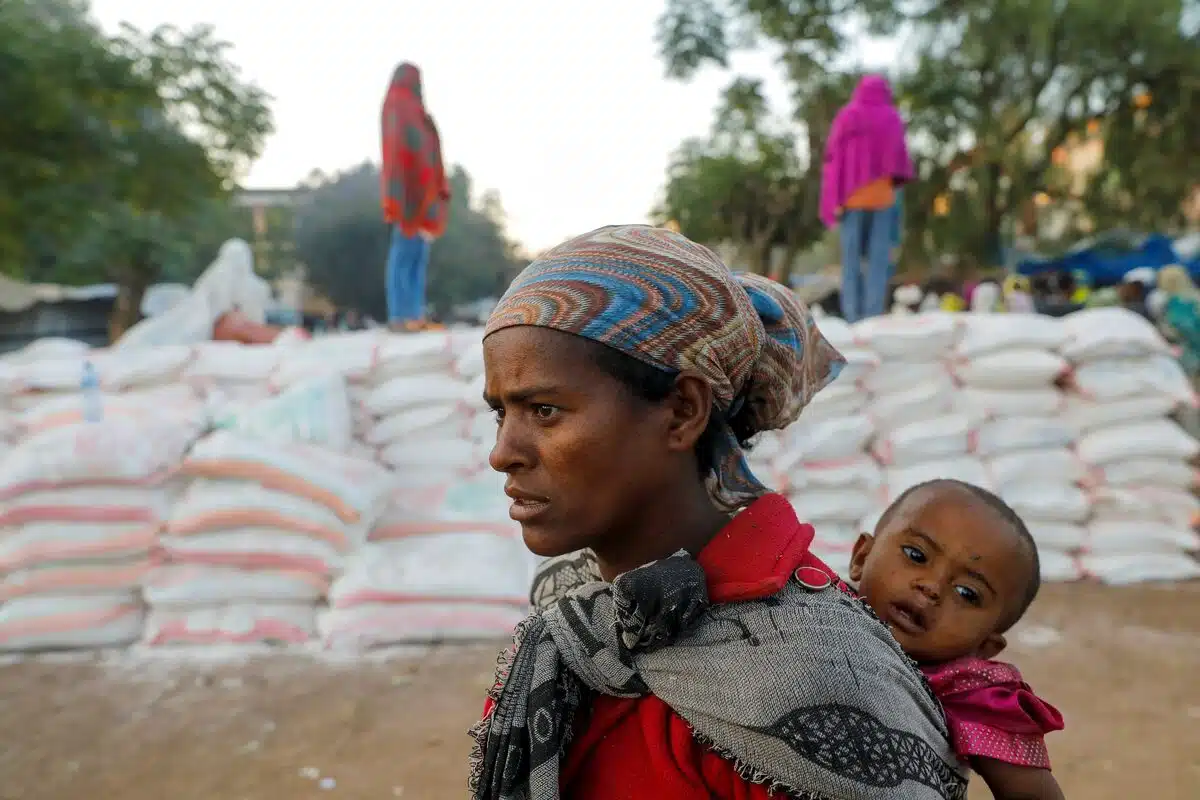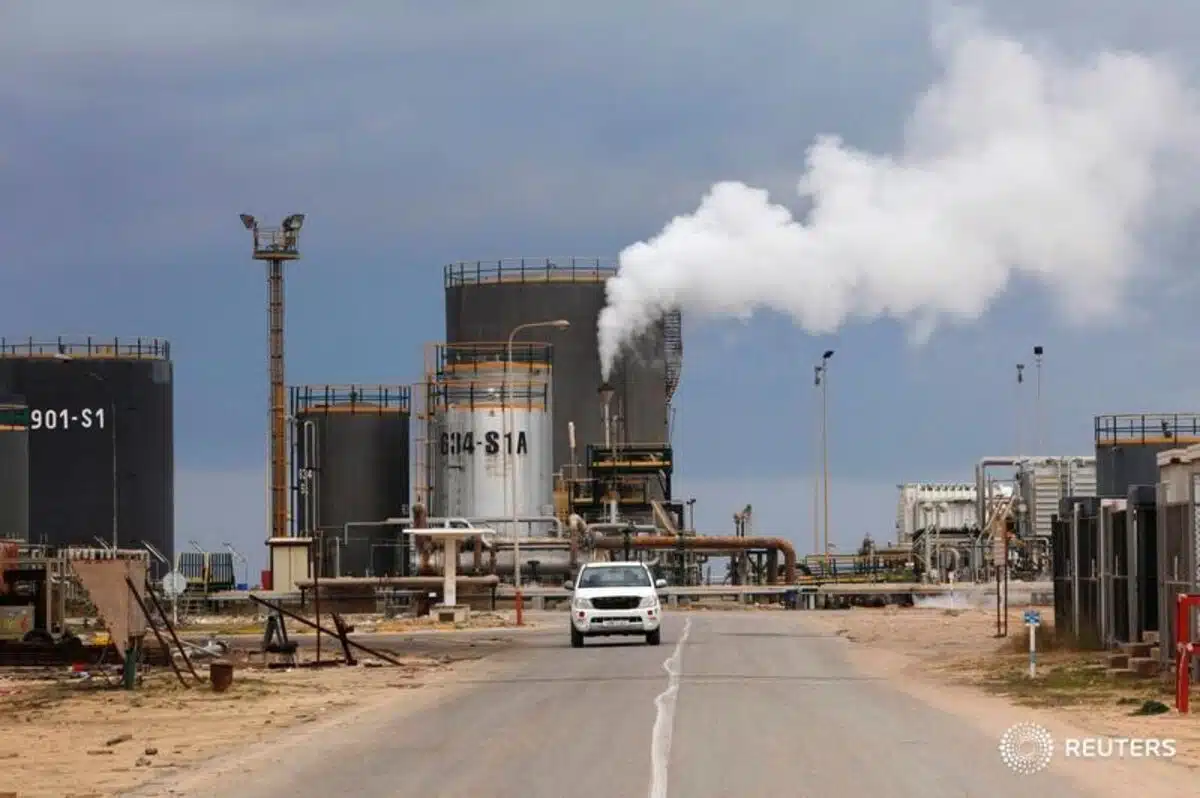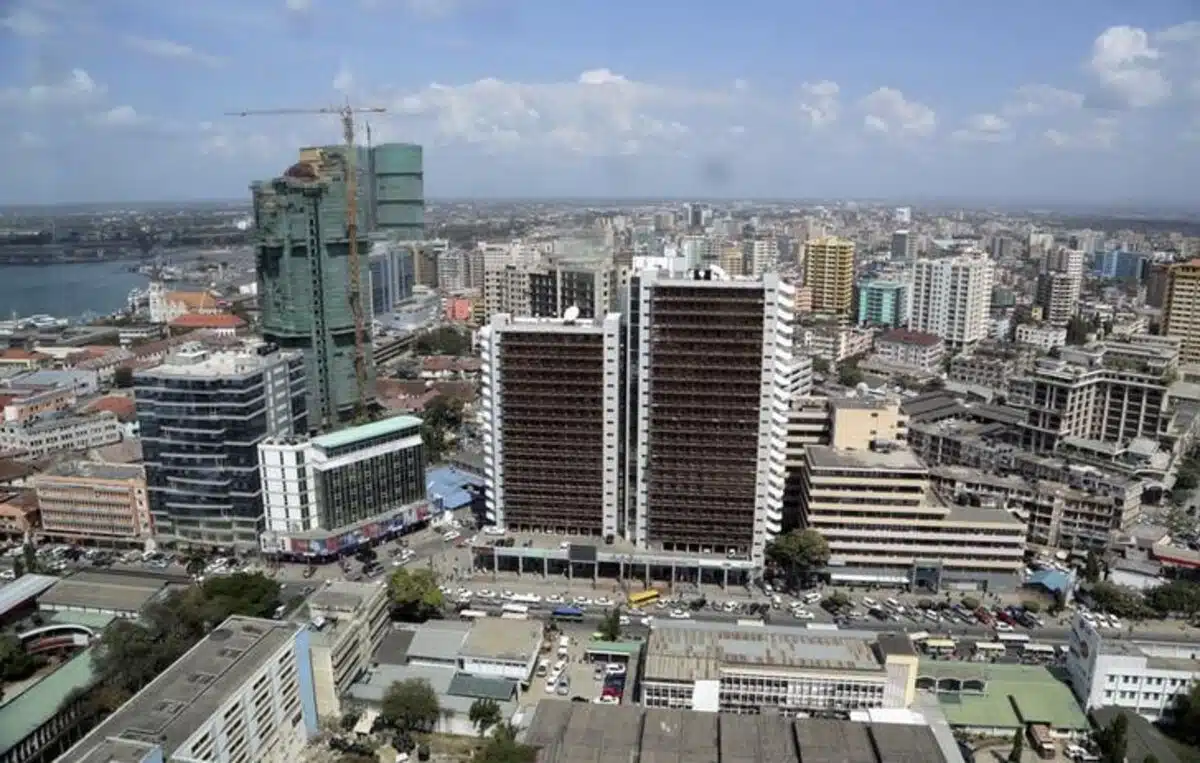Despite a surging debt burden, the Democratic Republic of Congo (DRC) is pushing ahead with efforts to secure fresh financial support from the International Monetary Fund (IMF).
The IMF announced on Tuesday that it had reached a staff-level agreement with Congolese authorities on the first review of the country’s three-year Extended Credit Facility (ECF) programme.
If approved by the IMF’s Executive Board—tentatively scheduled for the end of June 2025—the agreement will unlock continued funding for the DRC’s economic reform agenda.
This comes as the country’s debt-to-GDP ratio is projected to have risen to 91%, — the fifth highest in Sub Saharan Africa— according to the latest data from the IMF.
The figure marks a steep climb for the central African nation, highlighting the financial strain of escalating security and social spending.
The IMF acknowledged that the DRC is grappling with severe economic challenges.
Since late 2024, armed conflict in the eastern part of the country has intensified, claiming thousands of lives and displacing many more.
The violence has not only deepened humanitarian concerns but also disrupted key revenue streams, including the closure of tax offices in conflict zones.
Despite the turmoil, Congo’s economy has shown surprising resilience.
GDP growth reached 6.5% in 2024, and is projected to remain above 5% this year, buoyed by the robust performance of the extractive sector.
Inflation has also eased to single digits for the first time since July 2022, helped by a stable exchange rate and tighter monetary policy.
However, fiscal pressures have mounted. The government overspent in 2024, largely due to a surge in exceptional security costs, infrastructure spending, and transfers to provinces.
Although revenue collection remained strong, it was not enough to prevent the domestic fiscal deficit from exceeding its ceiling.
Budgetary constraints are expected to persist in 2025, especially after the government doubled salaries for the military and police to shore up morale.
The IMF’s continued backing hinges on the DRC’s commitment to reform.
In addition to the ECF programme, the Fund is urging the government to stay on course with policy changes under the Resilience and Sustainability Facility (RSF), aimed at boosting climate resilience and positioning the DRC as a key player in the global green transition.
While the IMF’s support offers a crucial financial lifeline, the road ahead for Congo remains fraught, as the government balances urgent security needs with structural economic reform.




